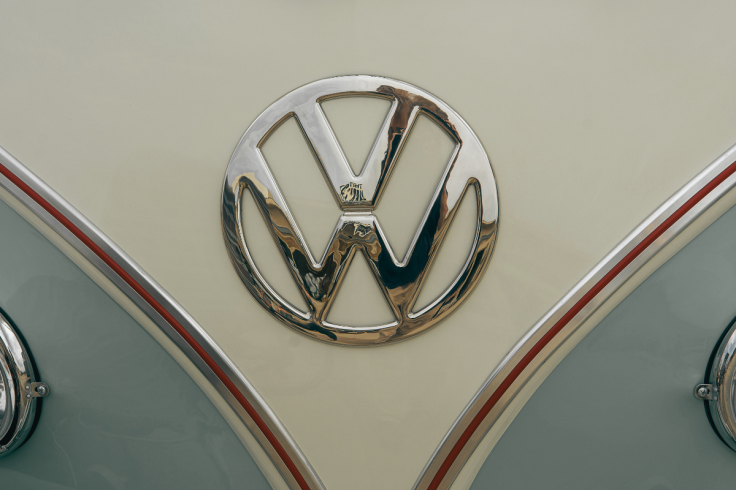Volkswagen To List 'Import Fee' On Cars To Show How Much Trump's Tariffs Are Costing Customers

Volkswagen is making a pointed statement in response to Donald Trump's latest tariff hike—by passing the cost straight onto consumers. From 7 April 2025, the German carmaker will add a clearly labelled "import fee" to the price tags of vehicles bound for the United States, directly reflecting the impact of the newly imposed 25% levy on imported cars and parts.
Rather than quietly absorbing the cost, Volkswagen is laying bare the financial burden of Trump's protectionist measures. From Wolfsburg to Washington, the move is being seen as a deliberate challenge to the former president's trade agenda—and it's already causing a stir across the global automotive industry.
Transparency or Retaliation? VW's Clever Play
Volkswagen's new 'import fee' isn't just a line item, it's a statement. Starting this month, every car shipped from its plants in Germany and Mexico will carry a sticker breaking down exactly how much Trump's tariffs are adding to the cost. Industry insiders estimate this could mean hikes of £2,300 to £9,200 ($2,900 to $12,000) per vehicle, according to theDaily Mail.
'We want to be very transparent about navigating through this time of uncertainty,' a Volkswagen spokesperson told reporters on 6 April 2025, hinting at a strategy that's as much about optics as it is about economics.
This isn't just about passing the buck to buyers. VW's paused shipments of its popular Jetta and Taos models from Mexico, holding them south of the border as it rethinks its US strategy.
Analysts see this as a double-edged sword: a way to shame Trump's policy while nudging customers towards American-made options.
Trump's Tariffs: A £7.7 Billion ($10 Billion) Headache for VW
The numbers are staggering. Volkswagen, the world's second-largest automaker, relies heavily on imports—its German plants supply most of its US lineup, while Mexico builds key sellers like the Jetta. Trump's 25% tariff, announced on 2 April 2025, could cost VW upwards of £7.7 billion ($98 billion) annually if it can't shift production stateside fast enough, per estimates from Reuters.
With 37,000 vehicles currently in US inventory (enough for two months), VW's got breathing room but the clock's ticking. Trump's argument? Tariffs will force companies to build in America. Yet VW's already invested £10.8 billion ($14 billion) in its Chattanooga, Tennessee plant, employing thousands.
The 'import fee' gambit flips the script: instead of quietly eating the cost or hiking prices across the board, VW's making it a political hot potato. And with Audi, VW's luxury arm, facing tariffs on nearly its entire lineup—think Q5 SUVs from Mexico—it's a £1.5 billion ($19 billion) problem that's not going away quietly.
Ripple Effects: From Showrooms to Global Trade
This isn't just VW's fight. Trump's tariffs are a sledgehammer to the global auto industry, and the fallout's already begun. Stellantis paused production and furloughed 900 workers last week, while Ford's slashing prices to clear inventory, per The New York Times.
VW's 'import fee' could set a precedent—imagine every imported car brand from Toyota to BMW following suit, turning showrooms into a tariff blame game. 'Consumers will feel this,' warned Cox Automotive's Jonathan Smoke on 6 April 2025. 'Supply chains will choke, and prices will climb.'
Will it force a rethink in Washington, or just leave buyers fuming at the pump?
© Copyright IBTimes 2025. All rights reserved.




















